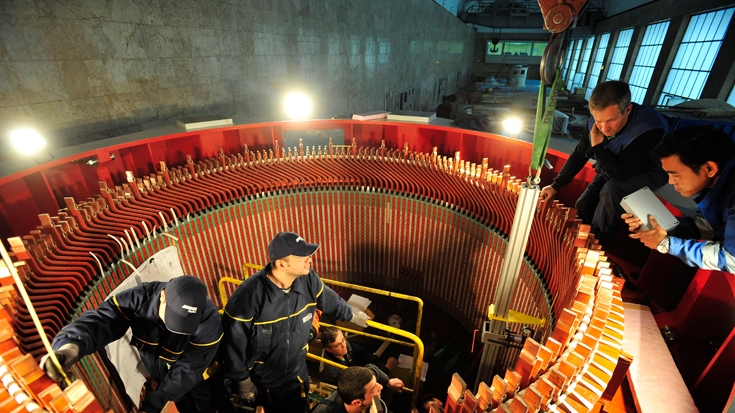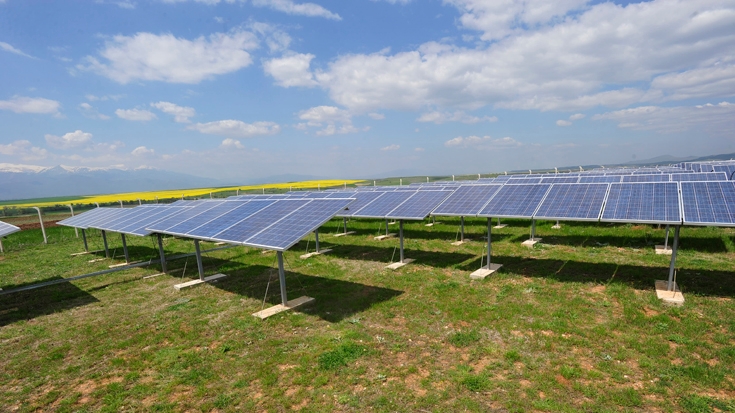In Skopje, the capital of the former Yugoslav Republic of Macedonia, 42 new buses move the citizens of Skopje around town. The buses are fueled by a combination of diesel and methane, so they are energy efficient, and they also ease the city’s sometimes dense air pollution. For car and truck traffic, synchronized traffic lights will speed drivers on their way with a minimum of idling. And a new tunnel and tramway line will cut down on traffic congestion, as well.
According to World Bank projections, climate change will hit Macedonia hard. So, with support from the World Bank, the government is doing something unusual: taking a long, hard look at green growth, future planning, and sustainable productivity.
Something “rather special”
“In Macedonia, the World Bank is actually doing something rather special,” explains Erika Jorgensen of the World Bank Group. “Which is that we are approaching green growth in a very comprehensive fashion…and really delving into an understanding of what is going on, developing methodologies to understand not just what is there today but thinking about what is going to happen over the next 40 years in the country.”
Green growth thinking includes everything from power plants to bike paths. In Skopje, workers are laying down new bike paths and building parks. But the immediate challenge for Macedonia is water. There isn’t enough of it in the country, and it’s drying up with the changing climate.


